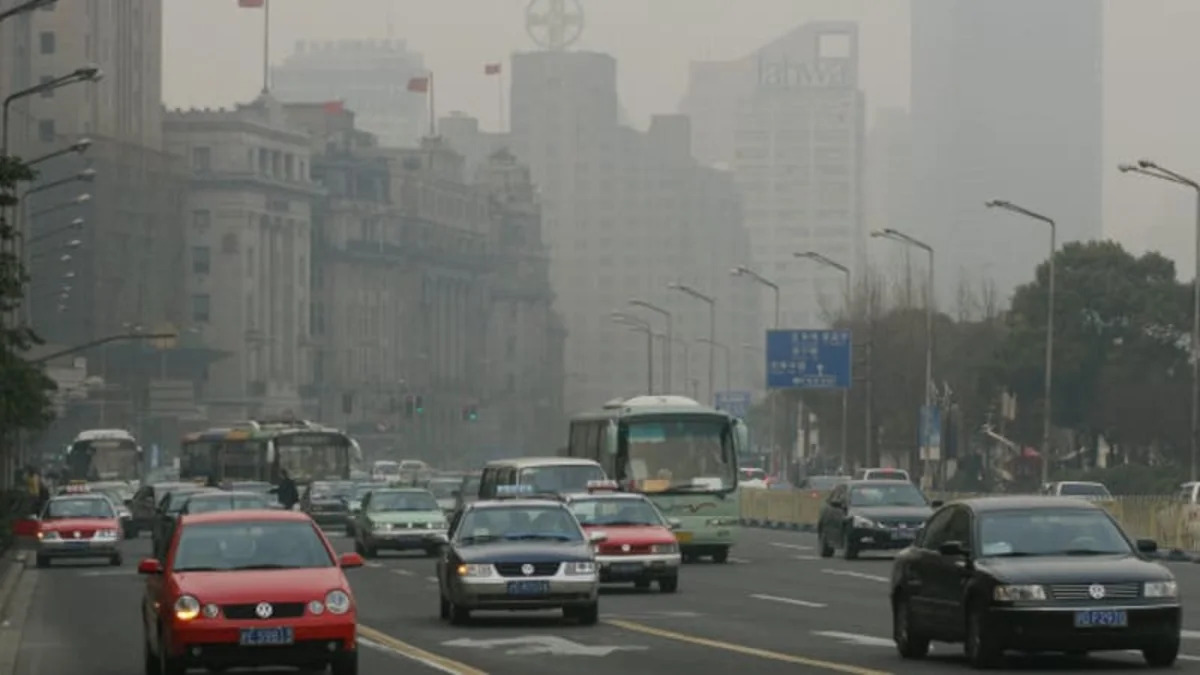CARB has fined Chevron $329,700 for over-oxygenated gasoline. The regulations put the cap for oxygenates at 10 percent, but 4.4 million gallons of Chevron gas from 2010 and 2011 were found to have about 11 percent. While adding oxygenates to gasoline helps reduce carbon monoxide and soot, over-oxygenation creates excessive nitrogen oxide emissions. $247,275 of the fines will go to the California Air Pollution Control Fund, with $82,425 going toward a project to clean up or replace polluting diesel school buses in California. Read more at Green Car Congress.
Tritium is launching Australia's largest EV fast-charging network. Centered on Brisbane, the Fast Cities Network extends northward along the coast to Noosa, southward to Byron and westward to Toowoomba. The network will be made up of twelve Veefil fast-charging stations, with four in Brisbane and eight at popular destinations along the mentioned routes. Veefil chargers are made by Tritium in Australia. Read more at Green Car Congress.
Chinese researchers have created the highest octane gasoline ever produced from biomass. By processing γ-valerolactone (from biomass) with an ionic liquid catalyst, they were able to produce fuel with an octane number of 95.4. Nankai University's Liang-Nian believes this breakthrough will "stimulate further interest in more cost-efficient processes to produce biomass-based gasoline on a larger scale." The next step is to reach for even higher octane numbers and find ways to produce the fuels more efficiently. Read more at Green Car Congress.
New research from Tsinghua University blames smog for 670,000 premature deaths in China every year. The pollution, much of which comes from burning of coal, leads to diseases such as strokes, lung cancer, coronary heart disease and chronic obstructive pulmonary disease. The main culprit is the carcinogenic PM2.5 particulate matter, which 70 percent of the population is exposed to in quantities greater than China's own health benchmarks. Other estimates point to greater and lower death tolls, but the problem is serious regardless even on the low end of the scale. Read more at Treehugger.
Tritium is launching Australia's largest EV fast-charging network. Centered on Brisbane, the Fast Cities Network extends northward along the coast to Noosa, southward to Byron and westward to Toowoomba. The network will be made up of twelve Veefil fast-charging stations, with four in Brisbane and eight at popular destinations along the mentioned routes. Veefil chargers are made by Tritium in Australia. Read more at Green Car Congress.
Chinese researchers have created the highest octane gasoline ever produced from biomass. By processing γ-valerolactone (from biomass) with an ionic liquid catalyst, they were able to produce fuel with an octane number of 95.4. Nankai University's Liang-Nian believes this breakthrough will "stimulate further interest in more cost-efficient processes to produce biomass-based gasoline on a larger scale." The next step is to reach for even higher octane numbers and find ways to produce the fuels more efficiently. Read more at Green Car Congress.
New research from Tsinghua University blames smog for 670,000 premature deaths in China every year. The pollution, much of which comes from burning of coal, leads to diseases such as strokes, lung cancer, coronary heart disease and chronic obstructive pulmonary disease. The main culprit is the carcinogenic PM2.5 particulate matter, which 70 percent of the population is exposed to in quantities greater than China's own health benchmarks. Other estimates point to greater and lower death tolls, but the problem is serious regardless even on the low end of the scale. Read more at Treehugger.


Sign in to post
Please sign in to leave a comment.
Continue